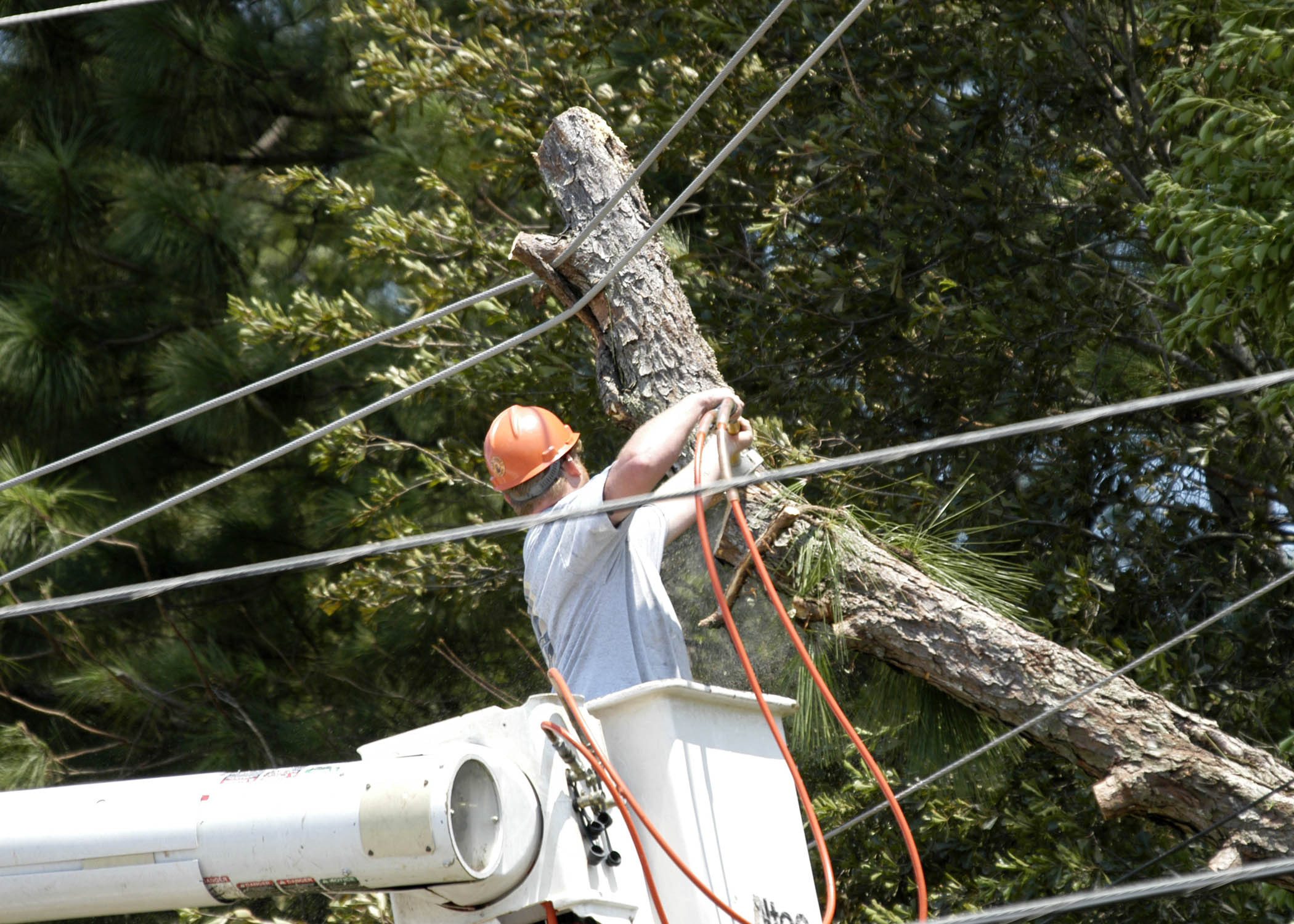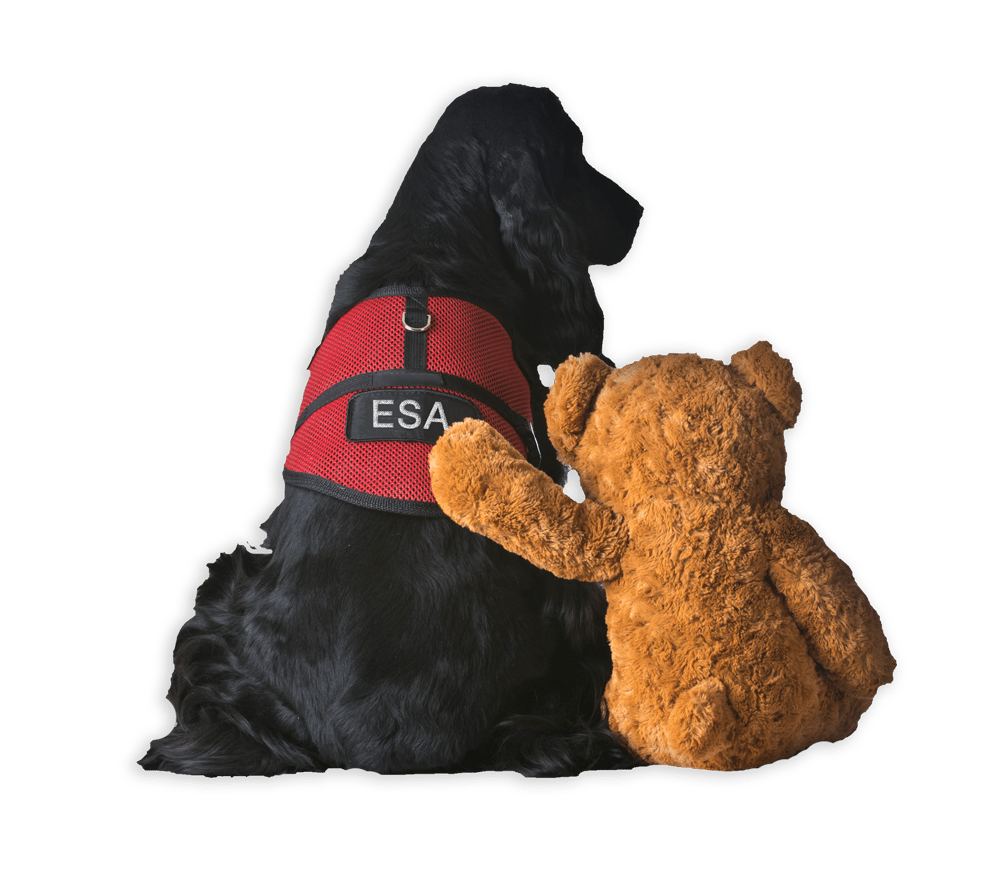In this issue
-
 This Is The End. . . Or Is It?: Retroactive Application Of The Amendments To The Condominium Act Relating To Termination
This Is The End. . . Or Is It?: Retroactive Application Of The Amendments To The Condominium Act Relating To Termination
In some instances, unit owners in a condominium association may collectively decide that it would be better to “end it all” and terminate the condominium rather than continue on with the condominium form of ownership. Perhaps the owners in an …
Continue Reading → -
 Responsibility For Repairs After A Hurricane Or Storm
Responsibility For Repairs After A Hurricane Or Storm
Given the especially active and devastating 2018 hurricane season, it is helpful to remember how condominium associations should proceed with repairs to the condominium property after a hurricane or other storm event. The first determination that must be made is …
Continue Reading → -
 Conflicts of Interest – Is it time for a new Code of Conduct?
Conflicts of Interest – Is it time for a new Code of Conduct?
It has always been the obligation of Board members to serve for the benefit of the entire community. Doing so requires that they carry out their duties in good faith with the care of ordinarily prudent people. To safeguard and …
Continue Reading →
Did you know?
That the avalanche of fraudulent emotional support animal (ESA) requests is having a negative effect on those with legitimate needs to get the service and support they need. That’s why our Community Association Leadership Lobby (CALL) is targeting fraudulent ESA requests as its primary lobbying initiative for the 2018 Legislative Session.

